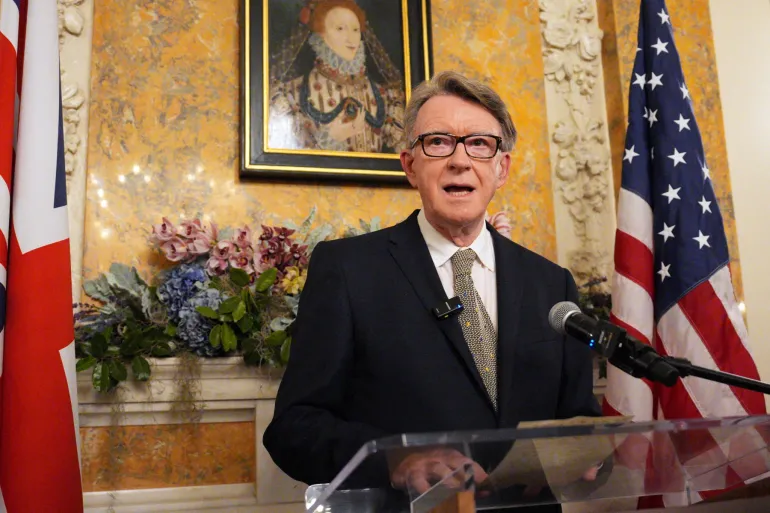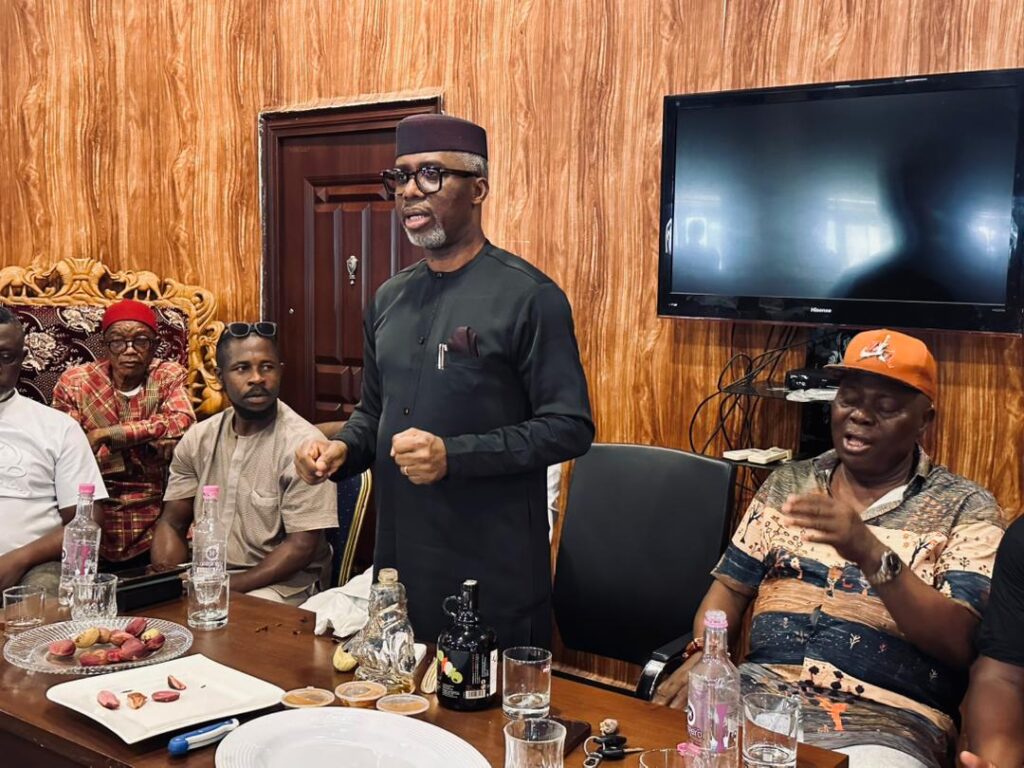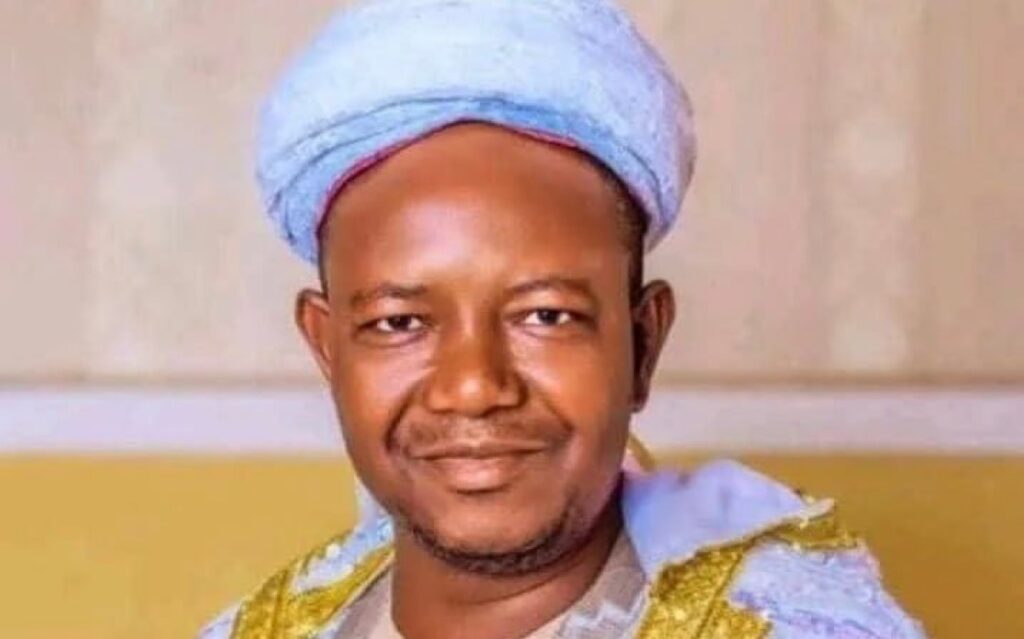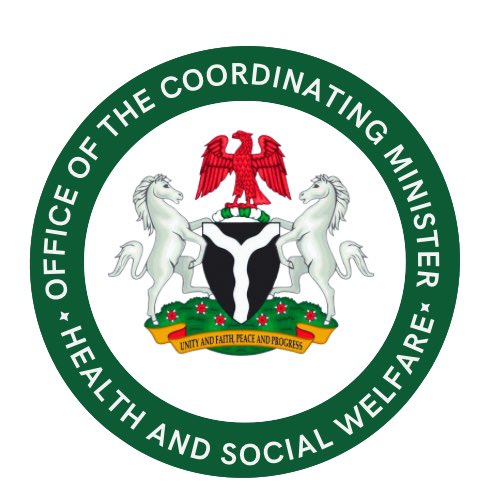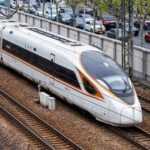FG Returns to Baro Port After Abandoning it, Commits to Providing Needed Infrastructure
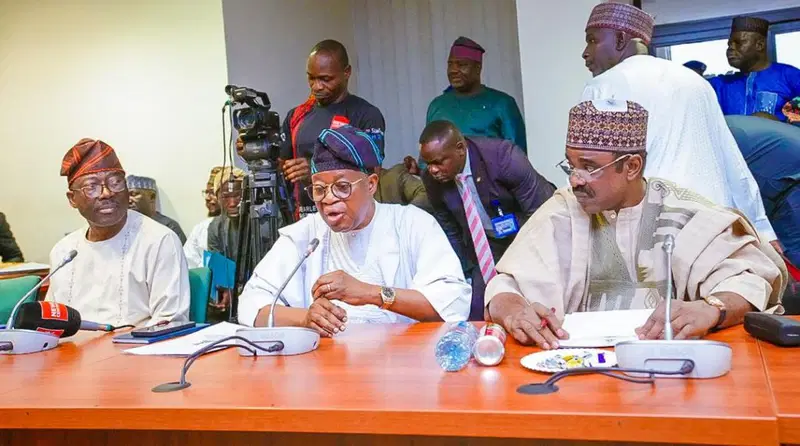
The Federal Government has renewed its pledge to revitalise the Baro River Port in Niger State, with plans to transform it into a fully functional inland gateway through targeted investments in dredging, transport infrastructure, and private sector participation.
Minister of Marine and Blue Economy, Adegboyega Oyetola, made the commitment on Tuesday during an appearance before the House of Representatives Ad-Hoc Committee on Stakeholders’ Engagement on the Challenges and Prospects of the Baro River Port.
Commissioned in 2019 under the previous administration, the port has struggled to operate due to poor navigability along the River Niger and the absence of critical road and rail connections. Oyetola acknowledged that while the Ministry inherited the project, its progress has been slowed by limited funding.
To tackle these issues, he outlined measures including capital and continuous dredging of the River Niger, construction of road and rail links to ease cargo movement, and fostering credible private sector involvement.
He disclosed that the National Inland Waterways Authority (NIWA) plans to dredge up to 2,000 kilometres of inland waterways to guarantee year-round access.
“Our Ministry remains unwavering in its determination to transform Baro from a dormant facility into a thriving inland gateway,” Oyetola said. “We are working closely with the Ministries of Works and Transportation to deliver an integrated framework that supports infrastructure, efficiency, and investment.”
Oyetola emphasised the port’s strategic potential to link agricultural value chains and connect with other inland ports in Onitsha, Lokoja, and Warri, thereby boosting trade competitiveness under the African Continental Free Trade Area (AfCFTA) and reducing pressure on the nation’s highways.
NIWA Managing Director, Bola Oyebamiji, recalled that the Baro Port, first established in 1908 by Lord Lugard, historically facilitated the movement of agricultural produce and livestock between the north and south.
Although structurally complete, the ₦3.56 billion project—94% of which has already been paid—remains underutilised due to dredging and infrastructure gaps. He revealed ongoing plans to concession the port to private operators.
Minister of Transportation, Sa’idu Ahmed Alkali, also announced that his ministry is developing a rail line to connect Baro to the national transport network, urging lawmakers to prioritise funding in future budgets.
Chairman of the Ad-Hoc Committee, Rt. Hon. Saidu Musa Abdullahi, clarified that the committee’s mandate is to facilitate—not investigate—the port’s operationalisation. He revealed plans for a national stakeholders’ forum to mobilise technical, political, and financial backing, describing the port’s value as “immense and non-negotiable.”
Responding to questions, Oyetola admitted that funding challenges have hindered the port’s revival but expressed optimism that legislative support will help overcome these barriers.
The committee resolved to conduct an on-the-spot assessment of the Baro Port on Saturday as part of immediate steps toward its full activation.


